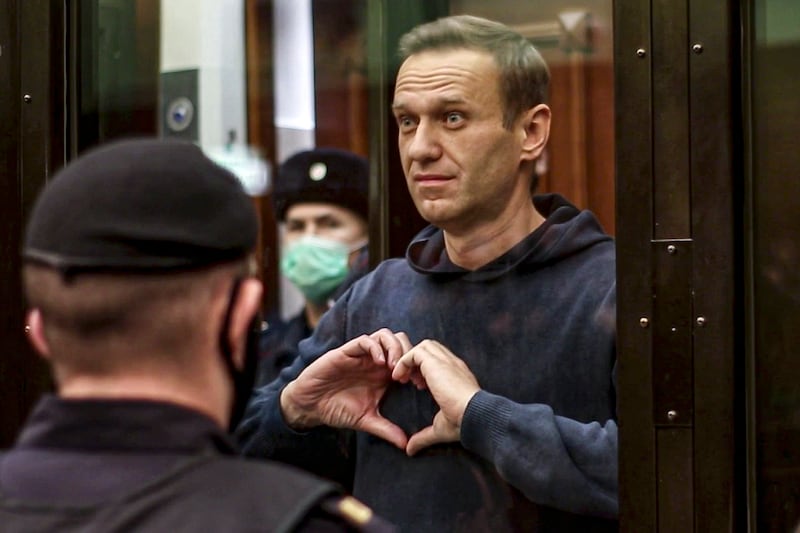Russian President Vladimir Putin says his country’s election indicates “trust” and “hope” in him after a vote in which he stifled the opposition.
Sunday was the last day of a presidential election that offered Russians no real alternatives to Mr Putin after he ruthlessly cracked down on dissent.
Early returns after the polls closed showed Mr Putin is poised to extend his near quarter-of-a-century rule for six more years, with some 87% of the vote after about 80% of precincts were counted, according to Russia’s Central Election Commission.
Mr Putin went on to say that protests during the election had “no effect” and any “crimes” would be punished after the vote.

He also said that he was informed of an idea to release his fiercest political foe, Alexei Navalny, from prison, days before the opposition leader’s death in an Arctic prison last month.
He said that he agreed to the idea, on condition that Mr Navalny did not return to Russia.
The election took place after a relentless crackdown on dissent — and amid attacks within Russia by Ukrainian missiles and drones, which have killed several people.

Polling happened in a tightly controlled environment where Mr Putin faced competition from only three token rivals and any public criticism of him or his war in Ukraine is stifled.
Critics are either in jail or in exile. Beyond the fact that voters have virtually no choice, independent monitoring of the election was extremely limited.
Mr Navalny’s associates had urged those unhappy with Mr Putin or the war to protest by coming to the polls at noon on Sunday — and lines outside a number of polling stations both inside Russia and at its embassies around the world appeared to swell at that time.
Among those heeding call was Yulia Navalnaya, Mr Navalny’s widow, who joined a long line at the Russian Embassy in Berlin as some in the crowd applauded and chanted her name.

She spent more than five hours in the line and told reporters after casting her vote that she wrote her late husband’s name on the ballot.
Asked whether she had a message for Putin, Ms Navalnaya replied: “Please stop asking for messages from me or from somebody for Mr. Putin. There could be no negotiations and nothing with Mr. Putin, because he’s a killer, he’s a gangster.”
The OVD-Info group that monitors political arrests said 80 people were arrested in 20 cities across Russia on Sunday.









